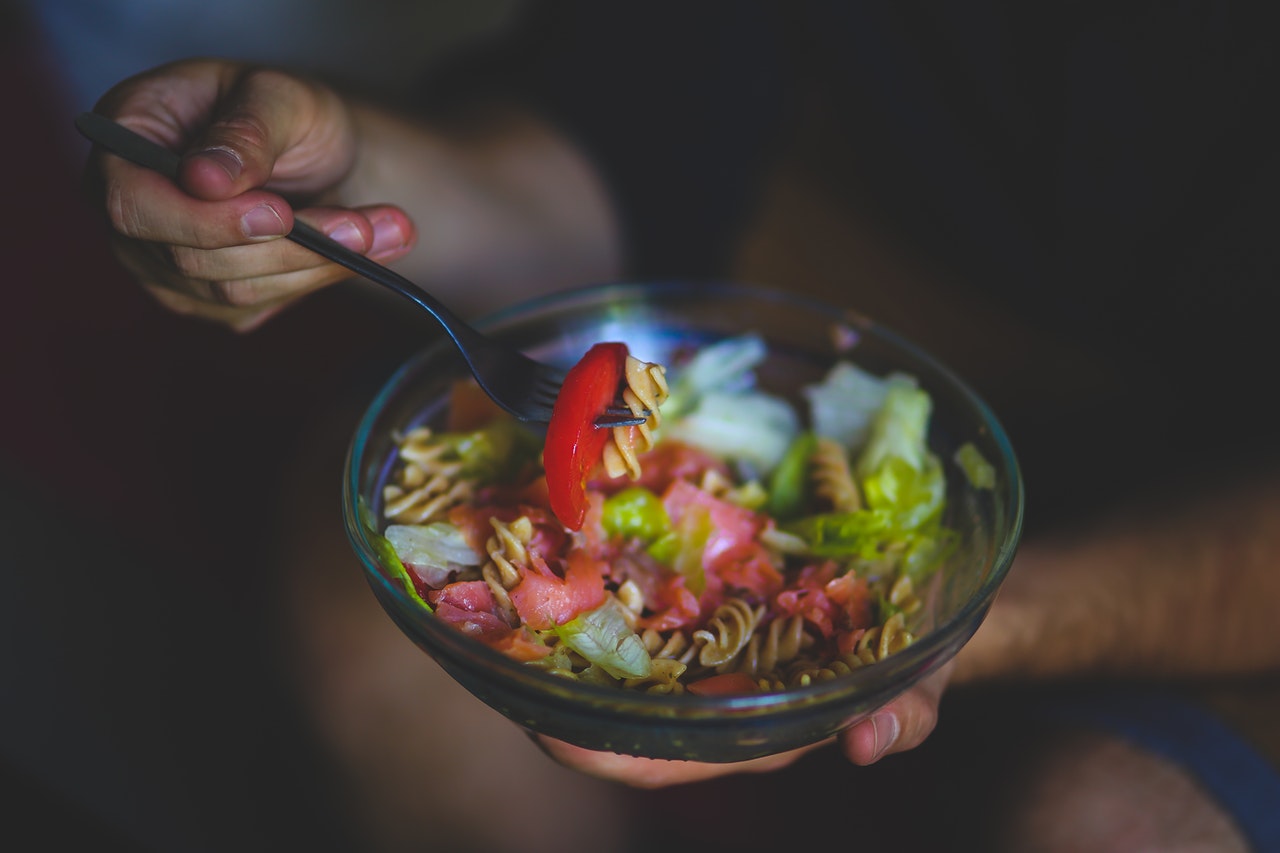
Many studies conducted worldwide have found that almost every 1 out of 4 people gets affected by some type of mental illness each year (source), depression being the prime illness. It is believed that by 2022, depression will rank as the second leading cause of disability, after heart disease. And, this is not a problem associated with just the adults, almost of several of the mental disorders start in the teens (mainly 14-17 years) (source). The reasons cited are mainly a poor diet or lifestyle habits.
Our diet affects our moods, emotions, and could even be responsible for long-term conditions like depression. Our brains too are vital organs that need energy in the long run and it is too affected by the shift in hormones, changes in the blood sugar levels and all other biological processes. Diet experts and physicians have thus, zeroed in certain food types that include seasonal vegetables, whole grains, and proteins that affect the condition of our brain and could control onset depression and other disorders.
Our brain helps in guiding as to what to eat when we are hungry. Fast food is a big NO-NO in this case. Despite their overgrown popularity, fast food still is an advocate of bad lifestyle and poor health. While they do offer a small window of cheeriness when you're feeling down, the long-term effects are terrible.
What is the appropriate diet you should be having for better mental health?
Diet is essential in rectifying temperament issues, particularly protein, which is good for the brain. However, in recent times the effect of protein has become questionable, especially protein coming from animals. Protein, for many of us, is beneficial, especially chicken meat that makes us feel strong, alert, confident and powerful. What's more, many individuals when replacing animal protein from vegetable protein often take up unwanted, processed carbohydrates. To balance mood and have stable mental health, about 25 to 30 grams of protein is recommended on a daily basis.
A whole-foods diet allows for a stable glucose flow for a longer period of time. This implies making progress toward three square meals daily instead of eating limited quantities for the duration of the day. This could be done by including saturated fats, high-quality protein and lots of green vegetables in your eating regimen. You could also include whole grains depending upon sensitivities. It additionally implies keeping away from sugar and processed food items, particularly the ones containing starch.
For people who are prone to depression, malnourishment and deaddiction to processed foods and sugar, or alcohol, or smoking, taking amino acids and other supplements like whey, vitamin D, B12, fish oils, probiotics, glucosamine etc. or having Ayurvedic herbs and spices like Giloy, Black Pepper, Ginger, Tulsi, Haldi, Mulethi, Ashwagandha, Shatavari, and Cinnamon in the diet can help resort to healthy eating.
Healthy Diet, Immunity and Mental Health
There is also a correlation between a healthy diet, our body's immunity and mental health. Certain immune-boosting food items that are rich in folic acid, fibre, vitamin-C are known to contribute toward robust mental health. Leafy green vegetables are a rich source of folic acid, which help our body to build antibodies against viral or bacterial infections.
You can have them as salads, or maybe add them to a smoothie or even make chips out of them. As for fibre, chia seeds are a good source. It is also a good source of protein too. Other plant-based sources of protein like black beans, legumes, and lentils are also very rich in fibre. Fibre essentially builds up gut bacteria which work to help our immunity, so including fibre-rich foods like these is super important to help boost our immunity.
Peppers, like bell peppers, aren't that spicy and can be easily included in your daily diet. These are rich in antioxidants and phytonutrients, along with an abundance of Vitamin C. Stir fry them or add them with your vegetables, bell peppers easily provide good taste and health.
Spices that we use on a daily basis like garlic, ginger, chilli peppers, and turmeric also have immune-boosting properties. So include these into any recipe that you’re making.
Turmeric can be made into golden-milk or even added to a soup.
Black pepper is also a good source of antioxidants and flushes out excess toxins from the body. All of these foods not only help boost your immunity but also supports strong mental health and keeps lethargy, stress and anxiety at bay. Certain spices types like cinnamon, rosemary, saffron are known for their role in improving conditions like Alzheimer's.
Herbs like Brahmi and Ashwagandha have natural memory boosting capacity that can help reverse the damages caused in Alzheimer’s. Memory loss happens due to an increase in a chemical compound, Beta Amyold. Both Brahmi and Ashwagandha extracts help bring down the level of Beta Amyold and help boost memory.
Diet alone cannot be a "magic cure" for all the disorders and mental health issues, but lifestyle and environmental factors also play a large role. Your nutritional profile can be different from others, but the foods that have s standardized approach toward mental and overall wellness shouldn't be ignored at any costs.
You can also check out our webinar on mental health here -

Comments (0)
Back to News